
Chronic Lymphocytic Leukemia
The latest news, research, and perspectives in chronic lymphocytic leukemia (CLL). The most common leukemia subtype among adults, CLL occurs when an acquired mutation causes bone marrow to produce abnormal lymphocytes. As these leukemic cells proliferate, the disorder is associated with lymphadenopathy, splenomegaly, and cytopenias.
Dr. Alexey Danilov discusses new therapies and ongoing challenges in the evolving CLL treatment landscape.
Gaps in coordination and collaboration between primary care and oncology may impact long-term survival outcomes for patients.
Pirtobrutinib, CAR T, and bispecifics are reshaping CLL care for high-risk, relapsed patients with limited options.
BTK inhibitor safety: New analysis shows less hypertension risk with acalabrutinib or zanubrutinib vs ibrutinib in CLL.
Dr. O’Brien described the safety and efficacy of zanubrutinib and the benefits of combining the drug with other agents.
Zanubrutinib and venetoclax show deep and lasting responses in frontline CLL and SLL including those with del 17p or TP53.
A fixed duration regimen of the combination was compared with a regimen guided by measurable residual disease.
Dr. Tam reviews 5-year data from SEQUOIA showing strong efficacy of zanubrutinib in older CLL patients with 17p deletion.
Zanubrutinib shows durable efficacy and safety in high-risk CLL/SLL, regardless of 17p deletion, per 5-year SEQUOIA data.
A phase 2/3 trial is evaluating zilovertamab vedotin plus rituximab and gemcitabine-oxaliplatin in relapsed/refractory DLBCL.
The global phase 3 RCT is part of an sBLA for glofitamab plus gemcitabine and oxaliplatin use in R/R DLBCL NOS.
Axi-cel shows durable response in high-risk LBCL frontline treatment with 80% progression-free at 3 years in ZUMA-12 trial.
A short duration of covalent BTKi therapy and early disease progression were associated with low incidence of BTK mutations.
ADP-heptose in the intestines of older individuals accelerates the expansion of pre-leukemic blood cells.
Studies have shown that oncologists are leaving the workforce at increasing rates in association with growing workloads.
Dr. Rogers shares her career trajectory, what being a doctor is about, and a glimpse of her pet guinea pigs, Maple and Brady.
CLL treatment is evolving. Dr. Ryan Jacobs shares why decisions now weigh indefinite therapy vs. time-defined options.
LucyRx’s pharmacy network includes Northwestern Medicine Specialty Pharmacy, Dana Farber Cancer Institute, and more..
Advertisement
Blood Cancers Today delivers the latest news, education, and information relevant to hematologic oncology patients and practices.
Sign up to receive Blood Cancers Today eNewsletters:
Advertisement



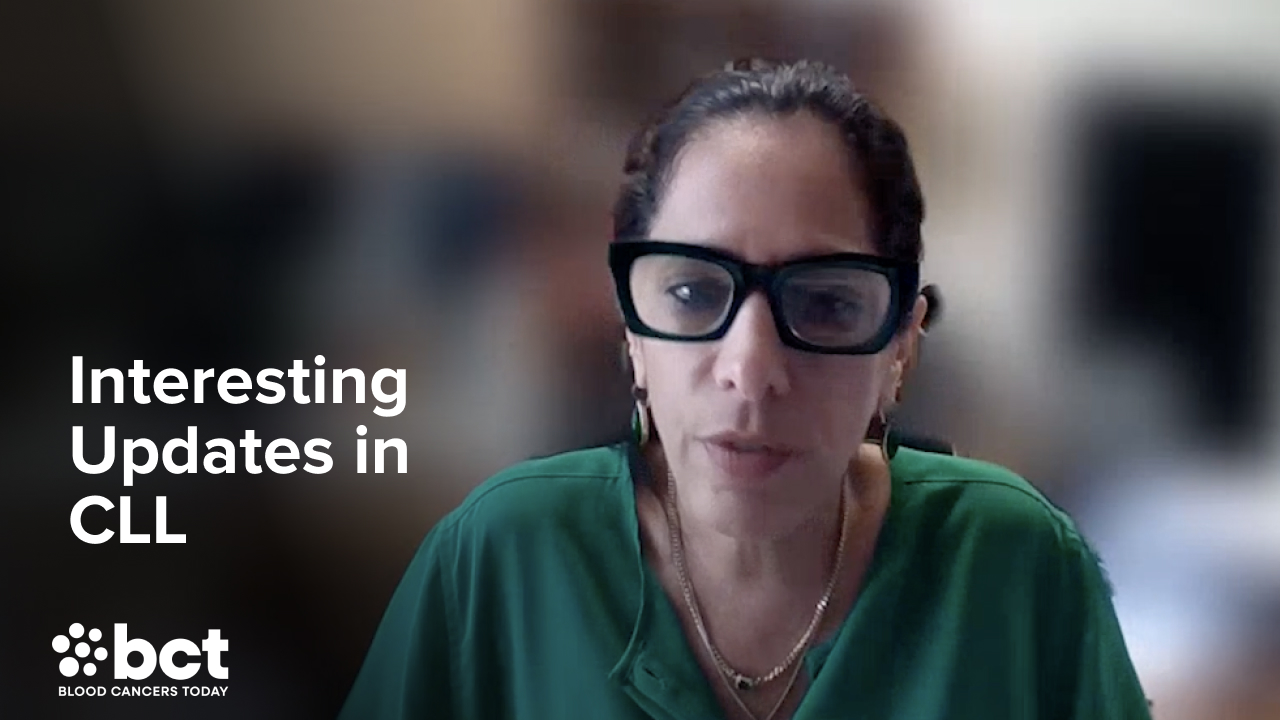
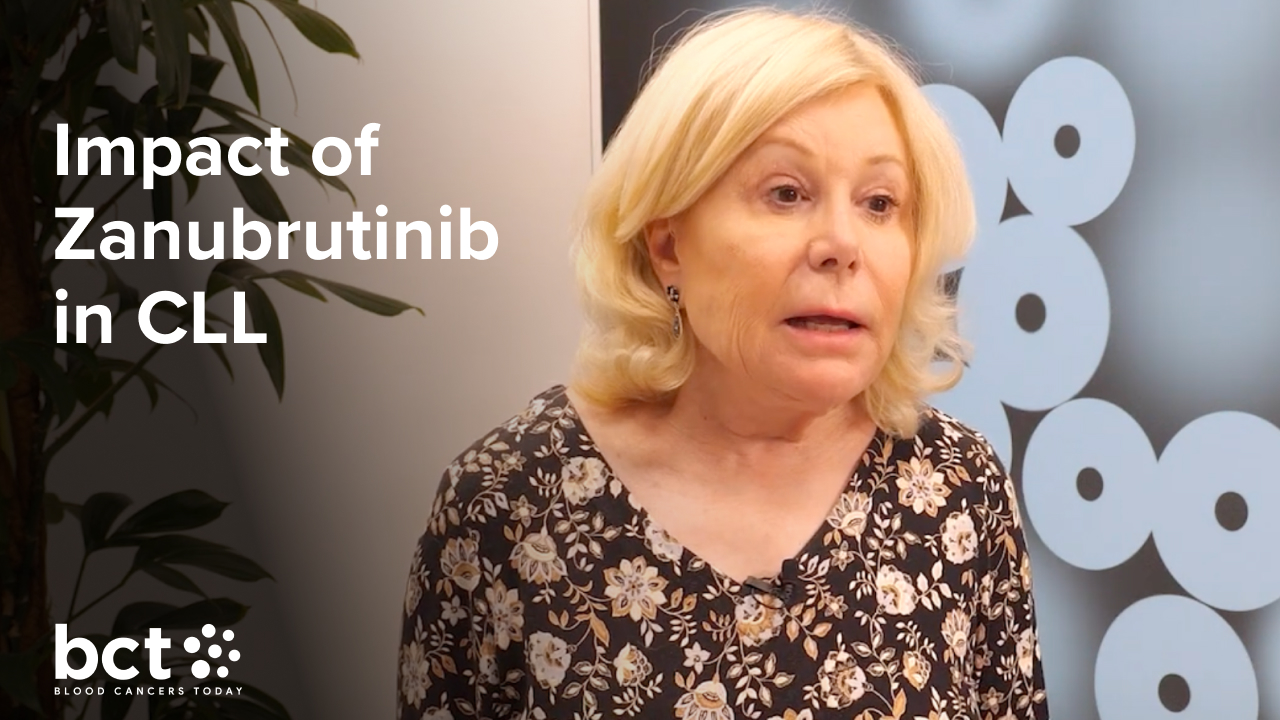


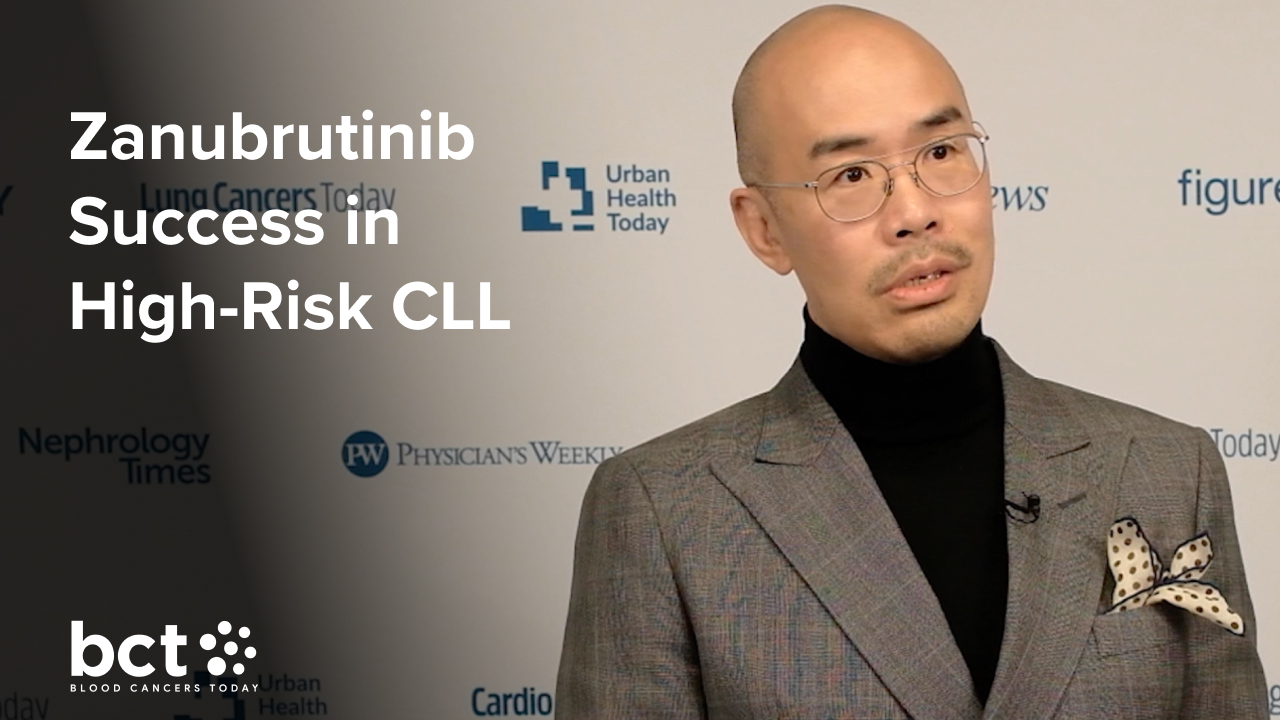
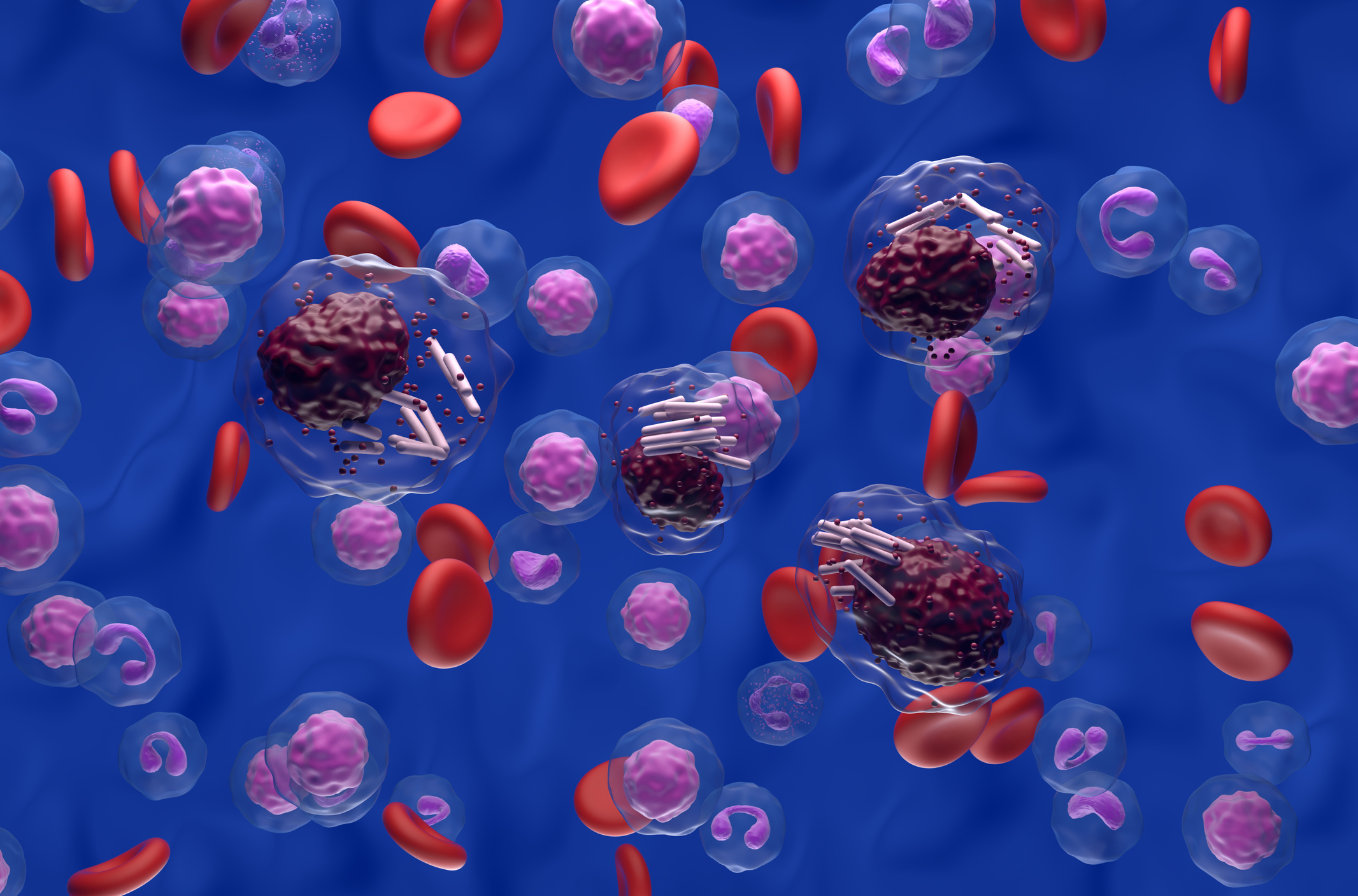


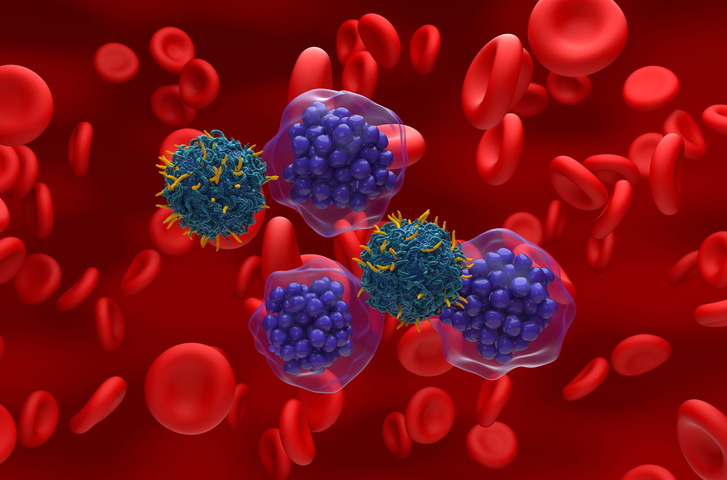



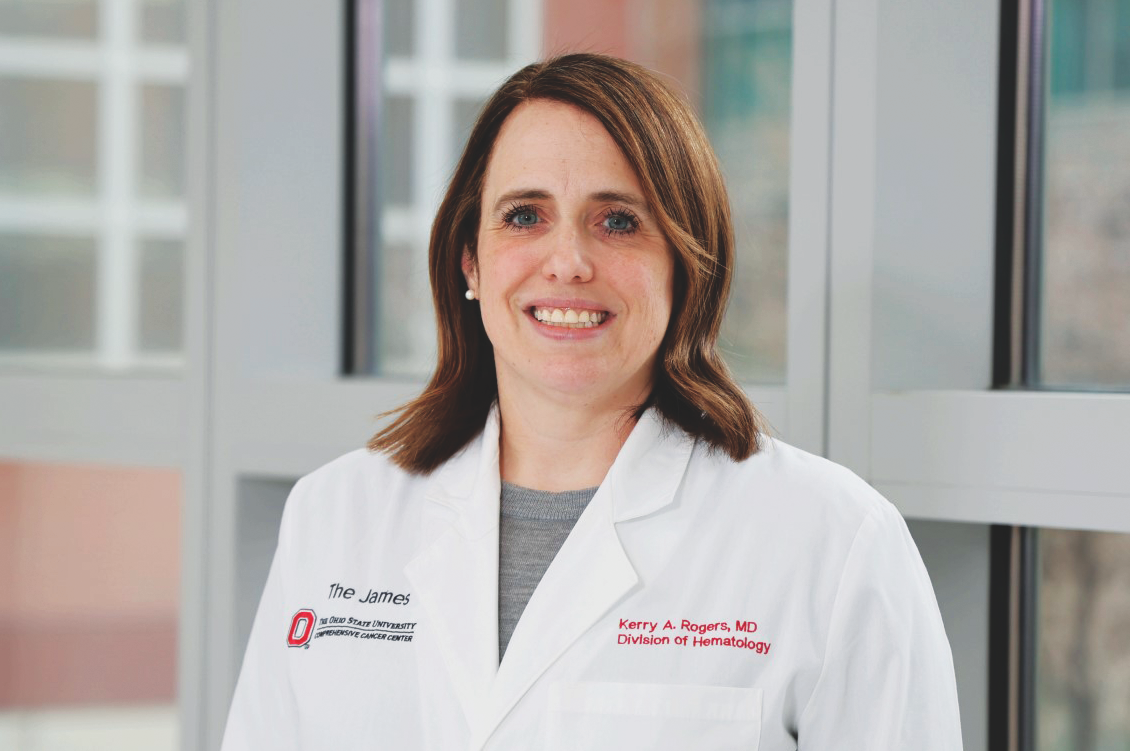
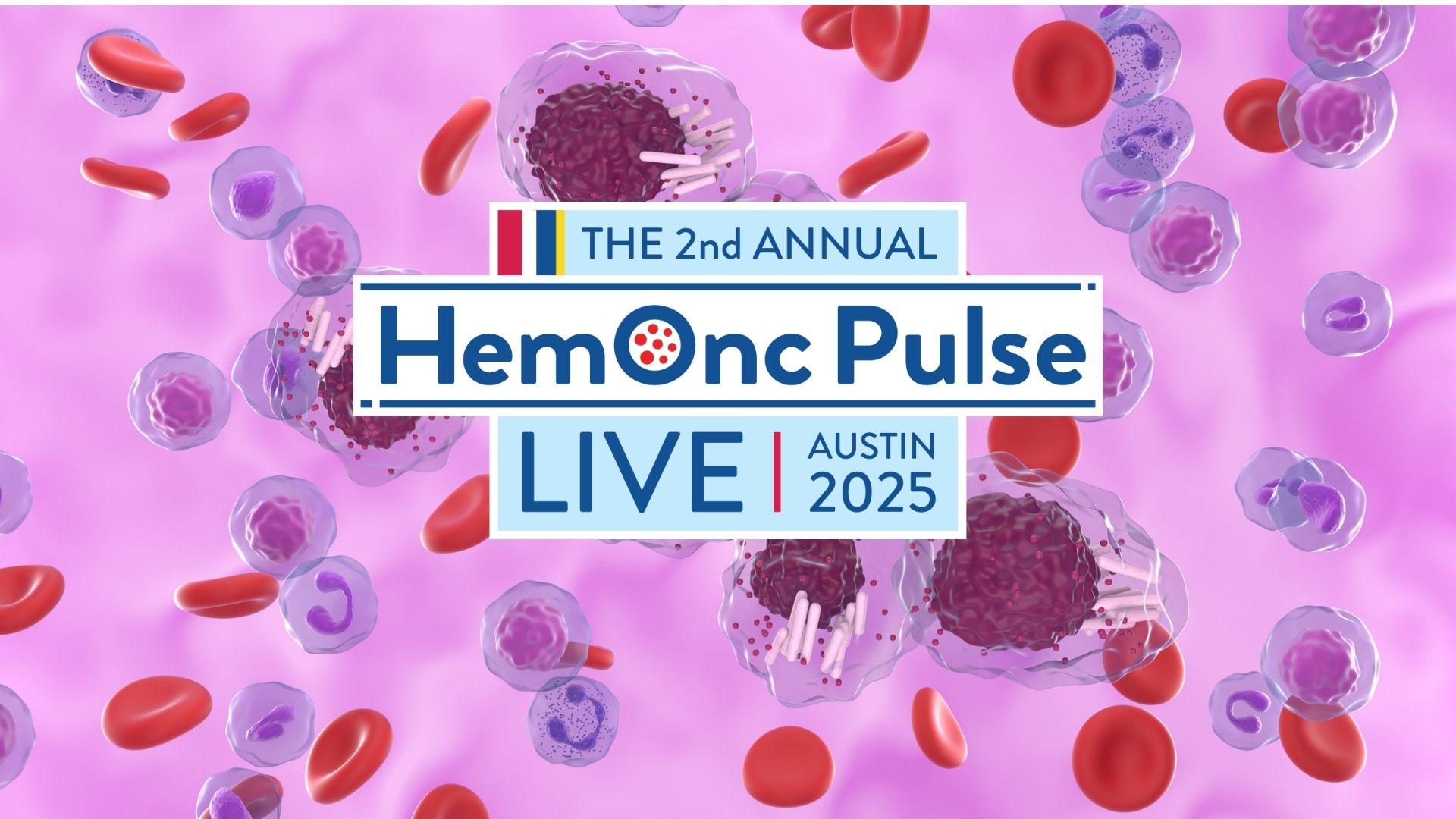


 © 2025 Mashup Media, LLC, a Formedics Property. All Rights Reserved.
© 2025 Mashup Media, LLC, a Formedics Property. All Rights Reserved.